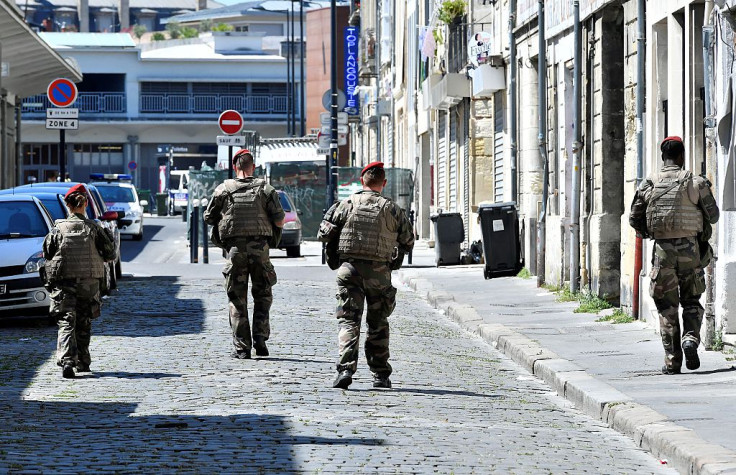UK suffered most terror attacks as 'lone wolf' plots plagued EU nations in 2015
Europol says most of the attacks were committed by separatist terrorists, followed by Islamist extremists.

A record number of terror attacks were planned, foiled or carried out in European Union countries last year, according to Europol. The European law-enforcement agency said that 211 attacks were carried out in 2015, the highest number recorded.
There were more terror attacks committed in the UK than any other country, with the majority of the 103 attacks believed to be linked to Northern Irish terrorism.
It said that 151 people died and more than 360 were injured as a result of terrorist attacks in the EU. Most of the attacks were committed by separatist terrorists, followed by Islamist extremists.
The planned, foiled or executed attacks took place in six EU member states: Denmark, France, Italy, Spain and the UK. Behind the UK, the most attacks were carried out in France, with 72 committed, and Spain, with 25, according to the EU Terrorism Situation & Trend Report.
1,077 people were arrested in the EU for terror related offences, with 424 detained in France.
France suffered the most terror-related deaths in 2015. In January, linked attacks on the Charlie Hebdo offices and a Hypercacher kosher market left 17 dead, along with 3 perpetrators. Attacks in April and June left 2 dead. In the November 2015 Paris attacks, 130 people were killed, along with 7 attackers.
Coming just days after terror attacks in Nice, France, and Wuerzberg, Germany, the report describes the difficulty of tackling 'lone wolf' terrorists, who are targeted by terror groups Islamic State (Isis) and al-Qaeda to carry out attacks in the West independently.
The report warns of the threat posed by those who have returned home after fighting for militant groups abroad in countries including Syria. It says that a "significant percentage" of those who have joined terror groups in Syria and Iraq are women.
It notes that two members of the cell that committed the 13 November terror attacks in Paris entered Europe posing as refugees, but says "there is no concrete evidence to date that terrorist travellers systematically use the flow of refugees to enter Europe unnoticed."
German authorities said that the man responsible for the Wuerzberg axe attack was a 17-year-old Afghan who had claimed refugee status.
© Copyright IBTimes 2025. All rights reserved.




















